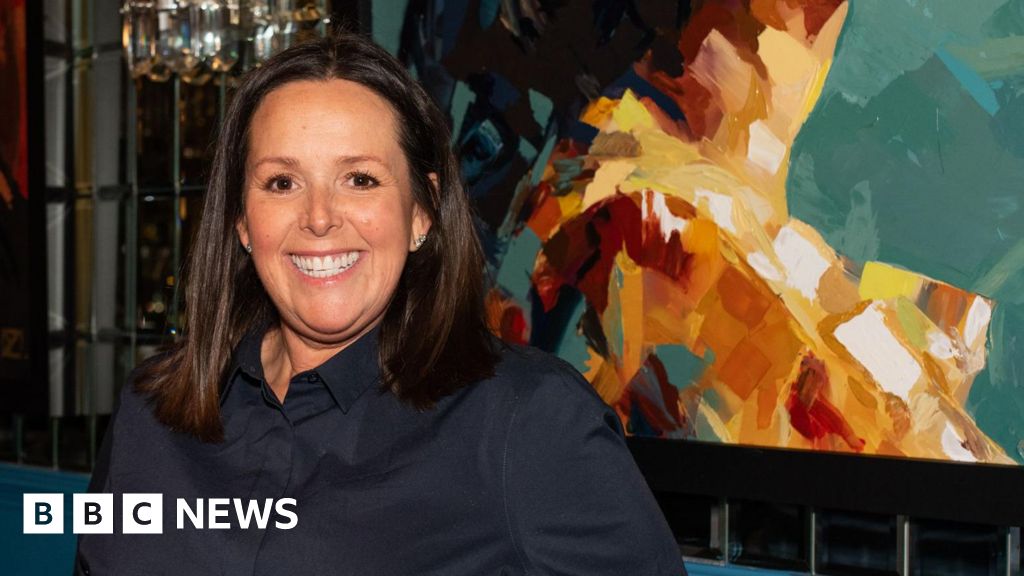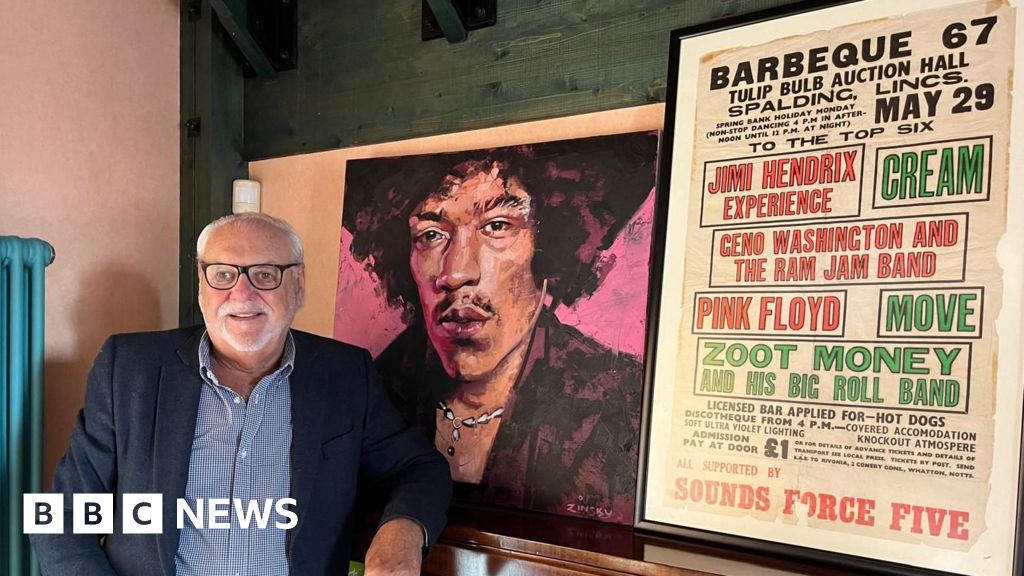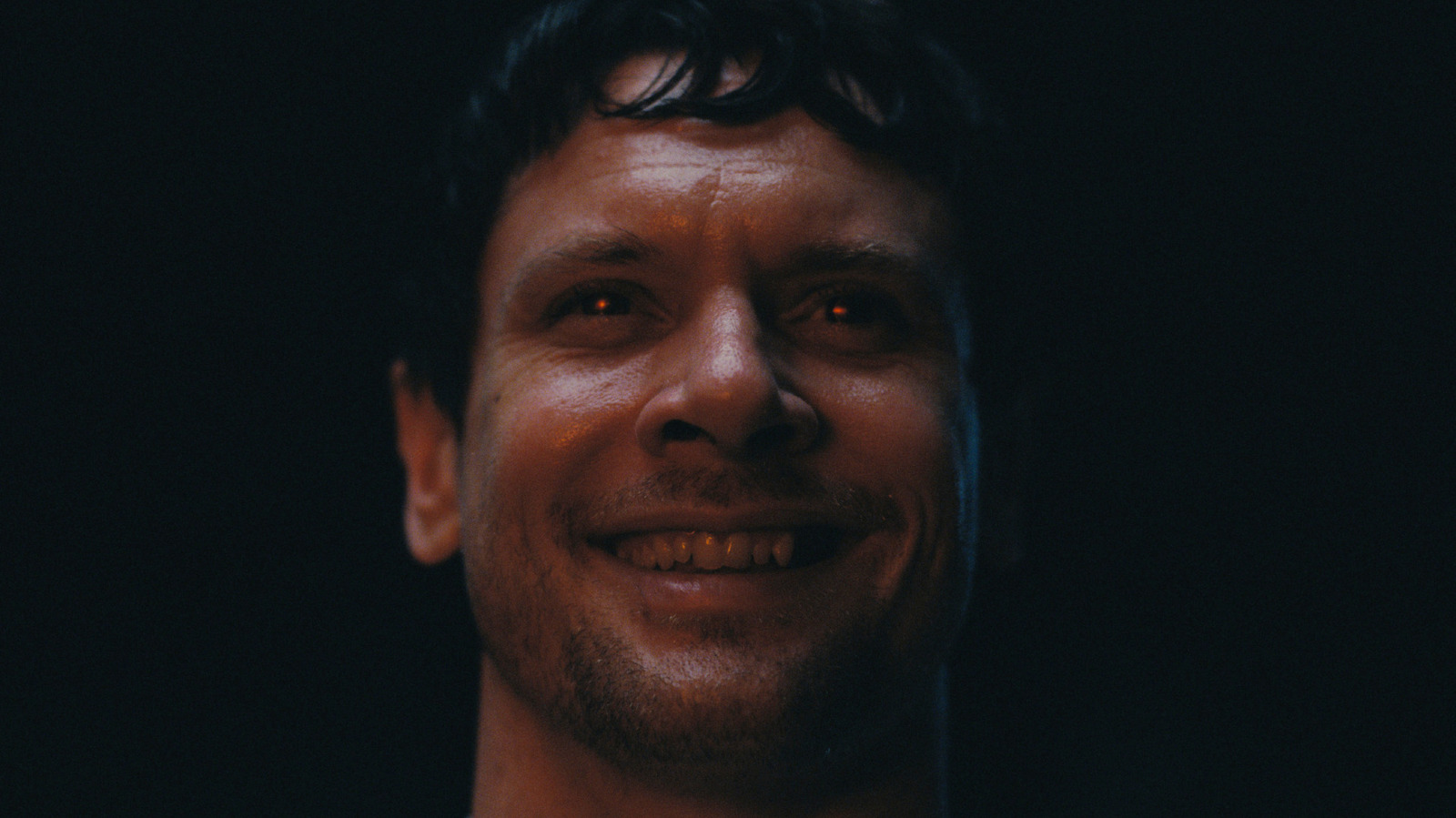Stephen Cognetti on His New Horror Film '825 Forest Road' and Future Projects

In a gripping tale of familial strife and hidden darkness, filmmaker Stephen Cognetti explores the intricacies of relationships in his new narrative film, 825 Forest Road. Following a tragic loss, two estranged siblings undertake a journey to mend their fractured bond, only to find themselves in a vintage house with a sinister history that the small town has buried deep beneath its charming facade. This narrative debut marks a departure from Cognetti’s well-known found-footage horror series, Hell House LLC, which has captivated audiences with its chilling storytelling.
This film is set to premiere on the streaming service Shudder this Friday, and io9 had the opportunity to sit down with Cognetti for an engaging conversation about this exciting new project, his creative process, and what fans can expect from his future endeavors, including another installment of the Hell House franchise.
Cheryl Eddy, io9: Fans recognize you from your successful Hell House LLC films, which are rooted in the found-footage genre. What motivated you to shift formats for 825 Forest Road?
Stephen Cognetti: Found-footage was an effective format for Hell House because of its immersive nature, which resonates strongly with horror fans. However, 825 Forest Road presented a narrative that felt more suited to traditional filmmaking techniques. This allowed me to experiment with different storytelling methods, like a nonlinear timeline and dividing the narrative into distinct sections. I studied filmmaking in school and cherish the art of traditional cinema. While I have a passion for found-footage horror, I didn’t want to be confined to that style, so this project felt like a refreshing change of pace.
Cheryl Eddy: Crafting a sense of fear is a primary objective for any horror filmmaker. How does your technique differ in this narrative format compared to your found-footage films?
Cognetti: Absolutely, the aim is always to instill fear. My goal is to create a sense of suspense that gradually escalates, which has earned Hell House some recognition as a “slow burn.” 825 Forest Road follows a similar approach. I introduce elements gradually rather than overwhelming the audience too early with intense scares. We kick off with a significant fright, but the subsequent scares are subtler. I wanted to ground the story in relatable experiences—like the feelings of disorientation and unease that come with moving to a new town—allowing the narrative to unfold organically, with strange occurrences that build upon each other.
Cheryl Eddy: The new film shares certain themes with the Hell House series, such as a haunted house, unsettling objects, and the lingering effects of past tragedies. What draws you to these motifs?
Cognetti: I find inanimate objects to be inherently intriguing; their mere presence in an unusual context can evoke a subtle creepiness that enhances the narrative. Additionally, I have a fascination with small-town folklore. Every community boasts its own legends, many of which are far-fetched, yet they are deeply ingrained in local culture. My premise took a spin on this concept: What if one of these seemingly fictitious stories turned out to be true? This scenario opens up a plethora of implications that affect not just the characters, but the entire town. It was exciting to explore how these legends can have real-world consequences for those who encounter them.
My personal experiences came into play; when I relocated from New York City to a small town in Pennsylvania in 2018, I was struck by the plethora of stories my neighbors shared about the town's history. This sparked the idea: “What if you moved to a town with ghost stories that were genuinely real?” The writing process centered around delving into that idea.
Cheryl Eddy: You structured the film in chapters with varying perspectives from the main characters. What led you to choose this method?
Cognetti: I enjoy nonlinear storytelling; it adds layers to the narrative that can be engaging for viewers. Traditional haunted house films can feel repetitive, so I aimed to bring a fresh perspective to the genre. By weaving three interconnected narratives, the audience can piece together the story from different angles, discovering how seemingly unrelated events intertwine and resonate throughout the film. It’s like finding little Easter eggs that enrich the viewing experience.
Cheryl Eddy: Although 825 Forest Road is not a found-footage film, it includes a livestream scene. What was your reasoning for this inclusion?
Cognetti: While it may appear to nod to my found-footage roots, the scene was a natural fit for the character's arc. Many of the scares in the film emerged organically during the writing process, and this particular scenario aligned perfectly with the moment. I wrote and rewrote that scare multiple times, experimenting with its effects on the character until I found the right balance. It’s an exciting scare that brings a found-footage feel into a traditional narrative context.
Cheryl Eddy: There are moments in 825 Forest Road that evoke the suspenseful elements you mastered in Hell House, like subtle background details that prompt the audience to question what they just saw.
Cognetti: Those nuanced details are integral to the viewing experience. I love creating moments that encourage viewers to rewind and double-check what they might have missed. The thrill of spotting something out of the corner of your eye adds richness to the horror genre.
Cheryl Eddy: Can you share any insights about the upcoming fifth installment of Hell House LLC, titled Lineage? Will it serve as a prequel?
Cognetti: It’s not a prequel, though it incorporates elements from both the past and present. Like the recent Hell House LLC Origins: The Carmichael Manor, it weaves various timelines together. What excites me most is breaking away from the found-footage format. I believe this approach will provide a refreshing twist for audiences, as repetitive found-footage techniques can become stale. I’m thrilled about this transition and can’t wait for viewers to experience it when it releases in August.
Cheryl Eddy: So, it’s safe to say that Lineage won’t be found-footage?
Cognetti: Correct! This installment will be filmed in a traditional format, and I think it will be the scariest one yet.
Cheryl Eddy: Will Lineage be the final chapter in the Hell House saga?
Cognetti: I believe it will be the last Hell House film that I personally work on. While I don’t intend for it to conclusively tie up all the storylines, it does leave space for further exploration. I’m uncertain if I’ll have the opportunity to create another Hell House movie after this one.
825 Forest Road is set to arrive on Shudder April 4, promising an intense journey that intertwines horror with human experience.




























